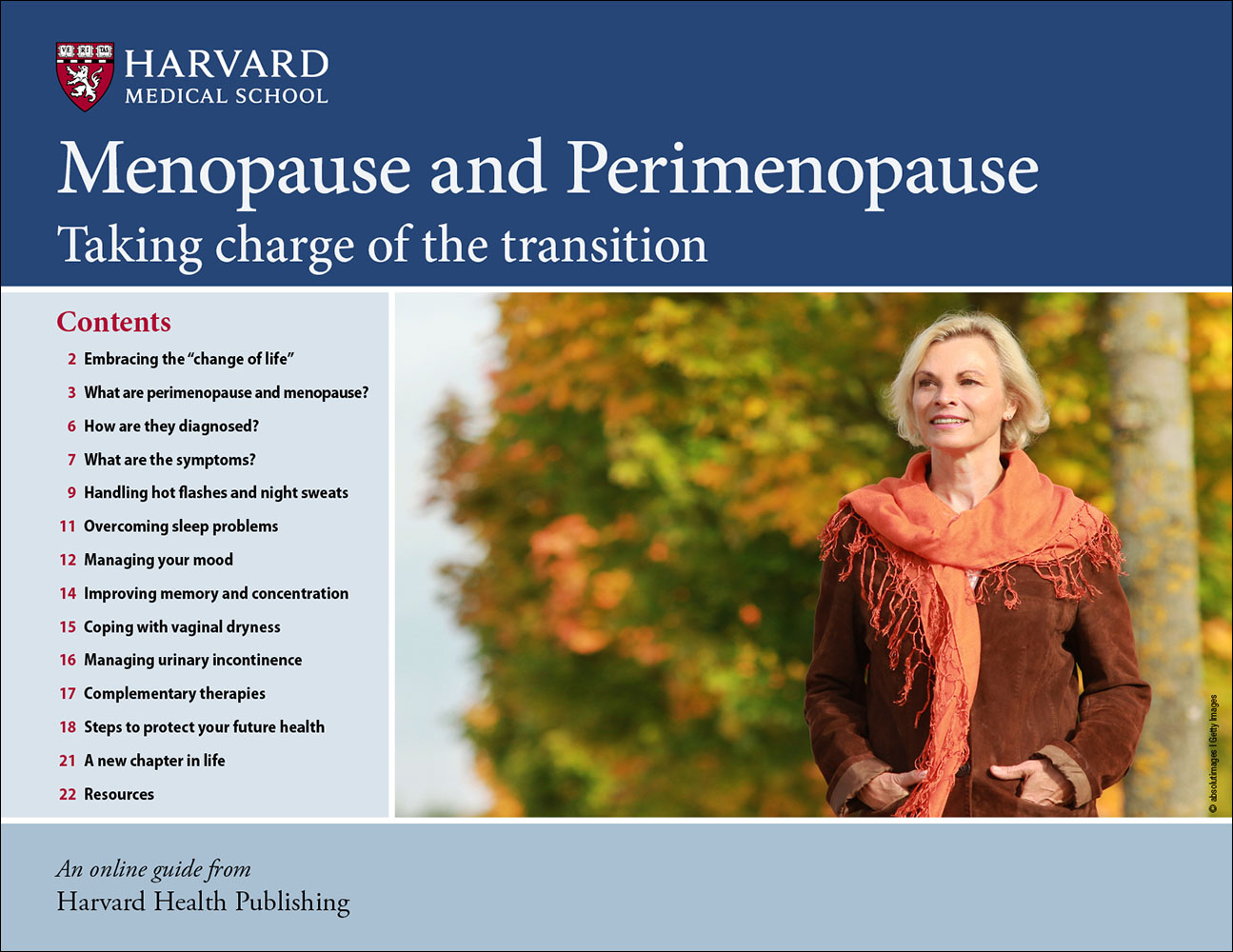Why has my natural scent changed during perimenopause?
Ask the doctors
 Q.
As I get closer to menopause, I'm noticing my own body odor even though I haven't changed my hygiene habits. What's going on?
Q.
As I get closer to menopause, I'm noticing my own body odor even though I haven't changed my hygiene habits. What's going on?
A. Perplexing, isn't it? But many women report stronger body odor as they transition to menopause, with several possible explanations.
First, it's important to keep in mind that our sense of smell can change during perimenopause, making us think we stink even if we don't. Beyond that, profuse perspiration from hot flashes and night sweats can nourish underarm bacteria, leading to more body odor. The menopausal drop in estrogen also leaves our bodies with relatively higher levels of testosterone — produced by our ovaries in small amounts — than before. This can attract more bacteria to sweat, making it smell funkier.
Your best defense is to keep bathing regularly and using high-quality deodorant or antiperspirant. Also, stay hydrated to offset fluid loss from sweating. If you're still concerned, or if you notice a strange new scent, talk to your doctor.
Image: © triocean/Getty Images
About the Authors

Toni Golen, MD, Editor in Chief, Harvard Women's Health Watch; Editorial Advisory Board Member, Harvard Health Publishing; Contributor

Hope Ricciotti, MD, Editor at Large, Harvard Women's Health Watch
Disclaimer:
As a service to our readers, Harvard Health Publishing provides access to our library of archived content. Please note the date of last review or update on all articles.
No content on this site, regardless of date, should ever be used as a substitute for direct medical advice from your doctor or other qualified clinician.













